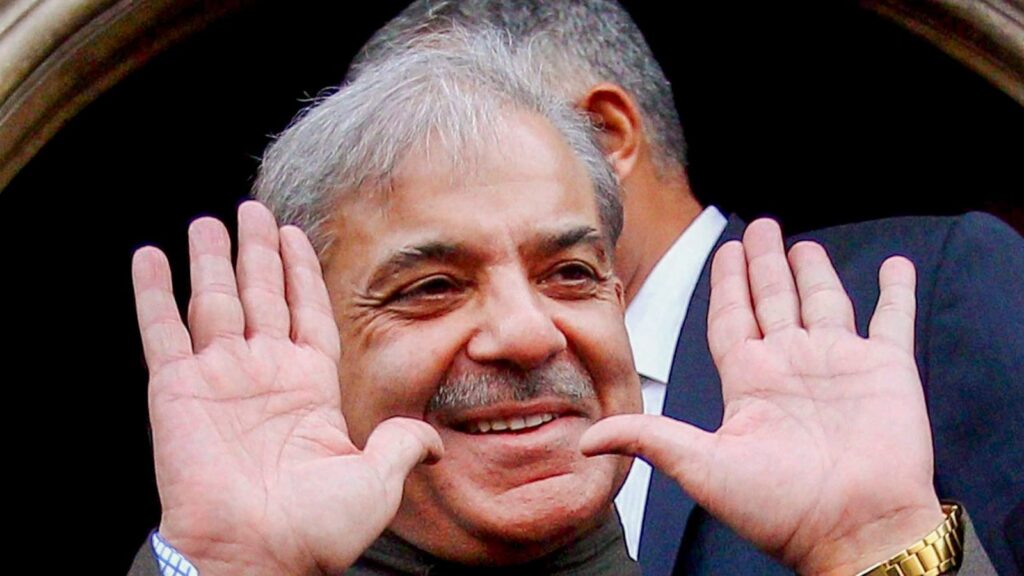Pakistan Muslim League-Nawaz (PML-N) leader Shehbaz Sharif has been elected the country’s new prime minister despite his party and the Pakistan People’s Party winning fewer seats than independent candidates backed by Imran Khan’s Pakistan Tehreek-e-Insaf (PTI), and this was mostly due to the powers that have their hands on the levers in Pakistan. Sharif spoke of a “charter of reconciliation” as he offered to work with the PTI to help lead Pakistan out of the multiple crises it currently faces, but the Opposition lawmakers appear to be in no mood to join hands with the government. If the behaviour of the PTI-backed lawmakers at the special Parliament session on Sunday was any indication, Pakistan’s main opposition party appears to have made up its mind about adopting a path of protests and confrontation with the government. Sharif must now act wisely to take along all sections of Pakistan’s polity and ensure there is no more victimisation of Khan’s party and its workers, keeping in mind that the PTI’s candidates received far more support from the voters than the two parties that have come together to form the coalition government. This will not be easy because of the muddled policies of the PTI, which has learnt that there are quick gains to be made from a confrontational approach that appeals to vote banks.
Pakistan Muslim League-Nawaz (PML-N) leader Shehbaz Sharif has been elected the country’s new prime minister despite his party and the Pakistan People’s Party winning fewer seats than independent candidates backed by Imran Khan’s Pakistan Tehreek-e-Insaf (PTI), and this was mostly due to the powers that have their hands on the levers in Pakistan. Sharif spoke of a “charter of reconciliation” as he offered to work with the PTI to help lead Pakistan out of the multiple crises it currently faces, but the Opposition lawmakers appear to be in no mood to join hands with the government. If the behaviour of the PTI-backed lawmakers at the special Parliament session on Sunday was any indication, Pakistan’s main opposition party appears to have made up its mind about adopting a path of protests and confrontation with the government. Sharif must now act wisely to take along all sections of Pakistan’s polity and ensure there is no more victimisation of Khan’s party and its workers, keeping in mind that the PTI’s candidates received far more support from the voters than the two parties that have come together to form the coalition government. This will not be easy because of the muddled policies of the PTI, which has learnt that there are quick gains to be made from a confrontational approach that appeals to vote banks.
The task on hand for Sharif is herculean, with the new government facing a deficit because successive administrations have been unable to balance revenues and expenditure or carry out much-needed reforms to kick-start an economy that has been in the doldrums for much of the past decade. Simply turning to benefactors such as China and Saudi Arabia can no longer be a viable option. Then there are the mammoth problems posed by a resurgent Pakistani Taliban and the country’s strained relations with its neighbours. All these problems will require Sharif’s coalition to take along the Opposition in order to find solutions.
Any form of rapprochement with New Delhi is hardly likely to be among Sharif’s priorities, at least until India’s general elections are over. This provides time to both sides to go deeper into the issue of what may constitute a viable form of re-engagement that is also sustainable. While back-channel contacts in recent years have managed to lower the temperature, including on the Line of Control (LoC), they can never be a substitute for a formal engagement at the political level.
Continue reading with HT Premium Subscription
Daily E Paper I Premium Articles I Brunch E Magazine I Daily Infographics


